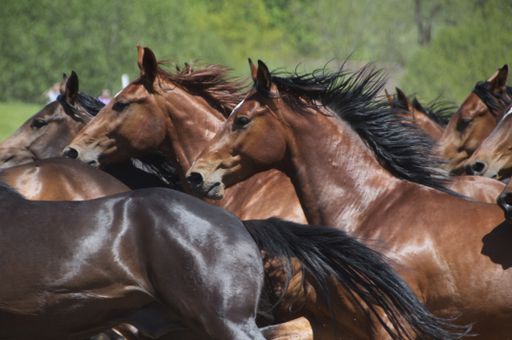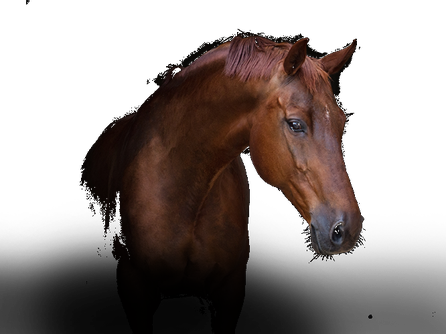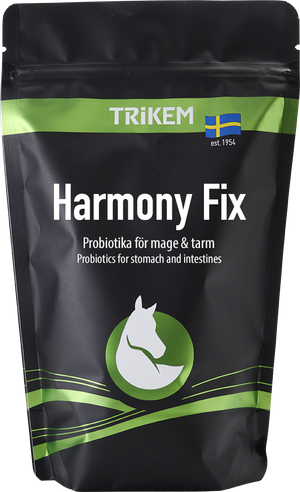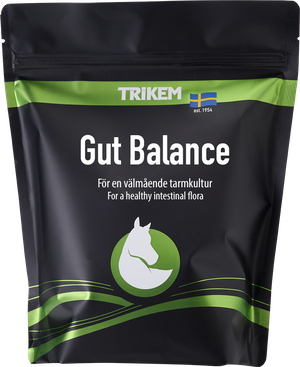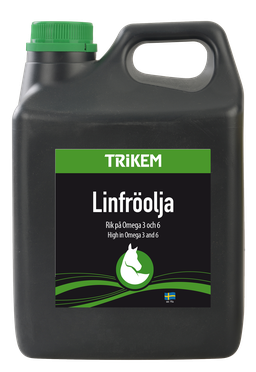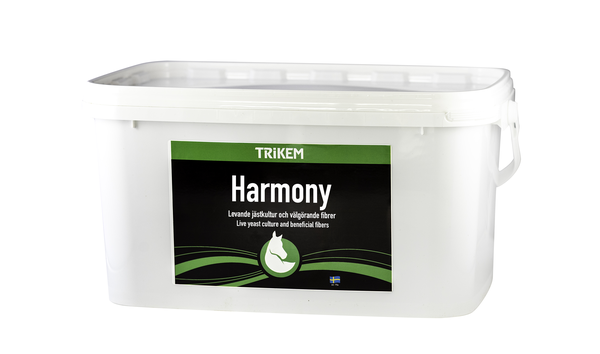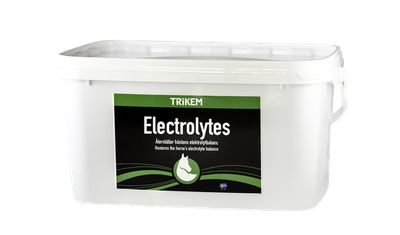Academy / Häst / Gut & Intesine / Free fecal liquid
Free fecal liquid
Some of the most common questions we receive concern the horse's stomach and intestines. A common issue is that the horse, to varying degrees, has watery or loose stools. In this section, we shed light on the relatively common problem of Free Fecal Liquid (FFL). FFL occurs when feces separate into two phases: one solid and one loose, watery phase. The watery phase can appear immediately before, during, or after the horse defecates, but the phenomenon can also occur at a time entirely separate from defecation.
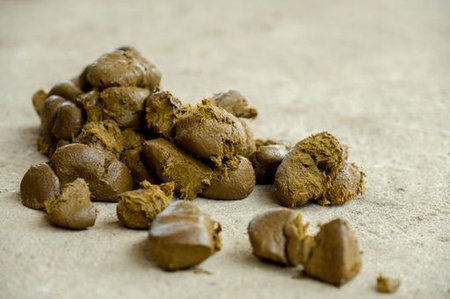
Who is affected?
Currently, there is nothing to suggest that a particular type of horse is more prone to FFL. It can occur in any breed, gender, or age. No direct connection with coat color has been identified, suggesting that there is no genetic link to a specific color. However, it has been observed that the occurrence of FFL is higher in horses that are not ridden and are kept as companions. This may indicate that the amount of movement is significant and that little or no exercise can be a contributing factor to the development of FFL.
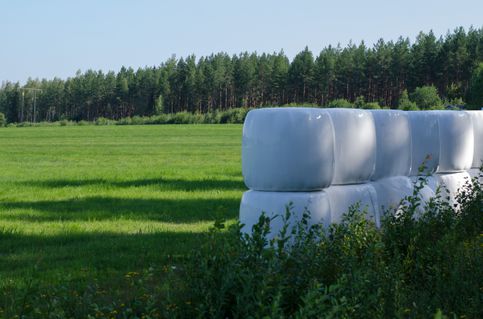
Does my horse not tolerate silage?
Concentrates – A recurring factor
Studies have looked at how horses react when fed only hay compared to a diet of hay and oats. When horses were fed only hay, their feces had a uniform consistency without separation of liquid and solid forms. However, when oats were included in the diet, a separation between solid and liquid was observed.
In one study, FFL-affected horses were compared to symptom-free horses. It was found that FFL horses were fed a higher proportion of concentrates and had a higher daily intake of starch and soluble sugars, while the control group had a higher intake of straw and a generally higher fiber intake.
Treatment for horses with FFL – What can help?
Probiotics and prebiotics can help horses with FFL, although research is limited, and general recommendations can be challenging. What we do know is that Saccharomyces cerevisiae is one of the few probiotics shown to improve fecal consistency in horses. Probiotics promote beneficial bacteria in the horse's hindgut by establishing themselves and outcompeting less favorable bacterial populations. Prebiotics, such as inulin and MOS (mannan oligosaccharides), are fibers that serve as "food" for the horse's beneficial bacteria, encouraging their growth. Synbiotics, a combination of probiotics and prebiotics, provide beneficial bacteria along with supportive fibers to enhance gut health.
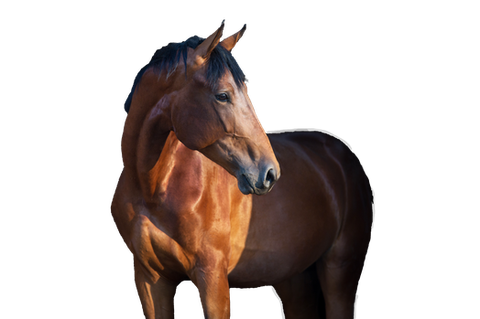
Horse with Free Fecal Liquid
– What should I do?
-
Review the feed plan - How much concentrate is my horse receiving? Can the proportion of starch-rich concentrate be reduced by increasing forage?
-
Switch forage - Can I obtain forage harvested later in the season? Perhaps with higher fiber content?
-
Try giving the horse pro-, pre-, or synbiotics to promote a healthy gut flora.
